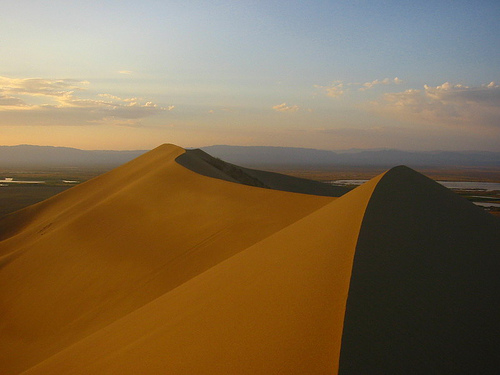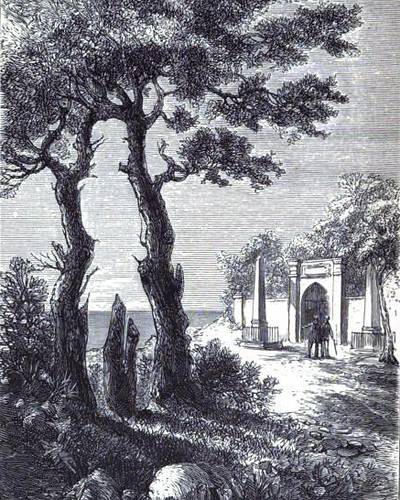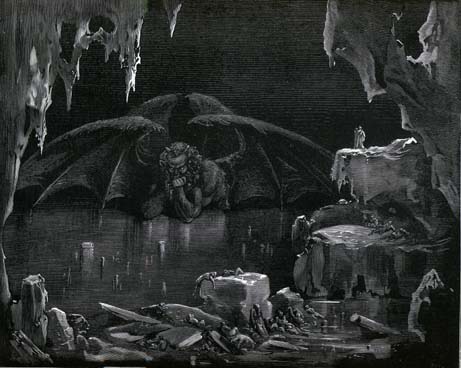
Sam Loyd tells the story of a feud between two Cincinnati newspapers. One of them, the Star in the West, published the following poem by an anonymous contributor, praising its originality and beauty:
Spring
The genial spring once more with chaplets crowned
Has showered her choicest blessings all around.
Each silent valley and each verdant lawn
Enriched with flowers, looks smiling as the dawn
Demure and modest hued the violet grows;
In yonder garden blooms the blushing rose;
To these the lilac adds her fragrant dower
Of perfume cherished by the sun and shower.
Reviving Flora walks the world a queen
Of kingdoms peerless as a fairy scene.
Far o’er the hills, in many a graceful line,
The rainbow blossoms of the orchard shine.
How softly mingled all their tints unite,
Embalm the air and bless the grateful sight!
Sweet voices now are heard on every tree,
The breeze, the bird, the murmur of the bee.
And down the cliff, where rocks oppose in vain,
Runs the clear stream in music of the plain.
In noisy groups, far from their southern home,
Now round the lofty spire the swallows roam;
The fearless robin builds with glossy leaves
Her fragile nest beneath the farmer’s eaves;
Embowered in woods the partridge makes her bed
With silken moss o’er tender osiers spread;
Each happy bird expands his dappled wings,
Soars with his gentle mate and sweetly sings.
The sounds of early husbandry arise
In pleasing murmurs to the pale blue skies;
Shrill floats the ploughman’s whistle while he speeds
Along the yielding earth his patient steeds.
Joyous the life which tills the pregnant soil,
And sweet the profits of the farmer’s toil.
Content, as smiling as an angel face
Keeps peaceful vigil round his dwelling place,
And gentle Hope and Love, forever bright,
Smiling like seraphs in their bowers of light,
Salute his mornings and embalm each night.
His rival sweetly suggested he read the first letter of each line.





